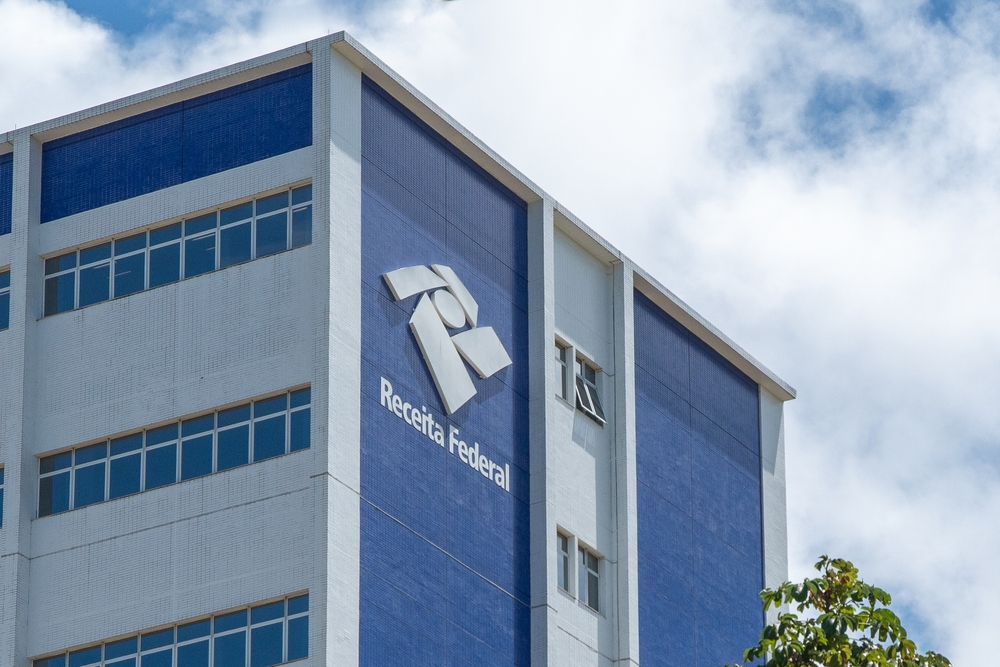The Brazilian government may see its revenue from income tax drop next year, even amid a scenario of fiscal fragility and risks of a recession.
Both President Jair Bolsonaro and former president Luiz Inácio Lula da Silva, who will go head-to-head in a presidential runoff election on October 30, have promised to fix inconsistencies in the tax system, which would provide relief to middle-class Brazilians at the expense of the government’s tax revenues.
The Brazilian government has not updated brackets and rates for income tax since 2015. Over the years, this has put more pressure on the country’s salaried middle class, while the wealthiest pay proportionately lower taxes on their earnings.
According to calculations by the National Association of Tax Auditors, an update to income tax rates in line with official inflation since the beginning of the Bolsonaro government, that is to say from 2019 onwards, would result in an increase in the number of exempt people from 7.6 million to 13.5 million, and cause a revenue loss for the government estimated at over BRL 64 billion (USD 12.3 billion).
But both Mr. Bolsonaro and Lula want to do more than that.
The economic team responsible for Lula’s government plan has spoken of adjusting tax brackets to not only ease the burden of income tax on the lower middle-class, but also to tax the richest more.
There are no further details, however, on which brackets would be introduced or even what form this scaling of tax rates would take. Lula may give details on the proposal in the coming days as part of recent attempts to signal a more centrist economic policy.
Mr. Bolsonaro’s government program, meanwhile, plans for tax exemption for those earning up to five monthly minimum wages (BRL 6,000 or under). Currently, the upper limit to qualify for income tax exemption is BRL 1,903.98. The change would be introduced at some point throughout the next presidential term (2023-2026), Mr. Bolsonaro’s program states.
The Bolsonaro government already proposed a bill which would extend the income tax exemption to people earning up to BRL 2,500 per month. The bill, which was approved in the Lower House but has stalled in the Senate, is part of a wider tax reform which failed to pass Senate committees earlier this year and will now likely only be discussed next year.
Updating the income tax brackets was a campaign promise made by Mr. Bolsonaro in 2018.


 Search
Search






































